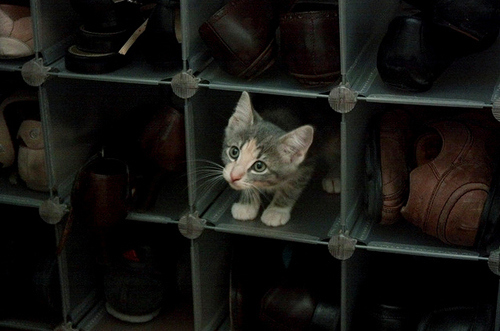New York Times Story Bizarrely Downplays Impact of Ocean Acidification
The Grey Lady tonight, in true “newspaper of record” fashion, has an article that manages to acknowledge some of the effects of ocean acidification, and its links to global warming, while sidestepping how grim the implications are.
Read more...


